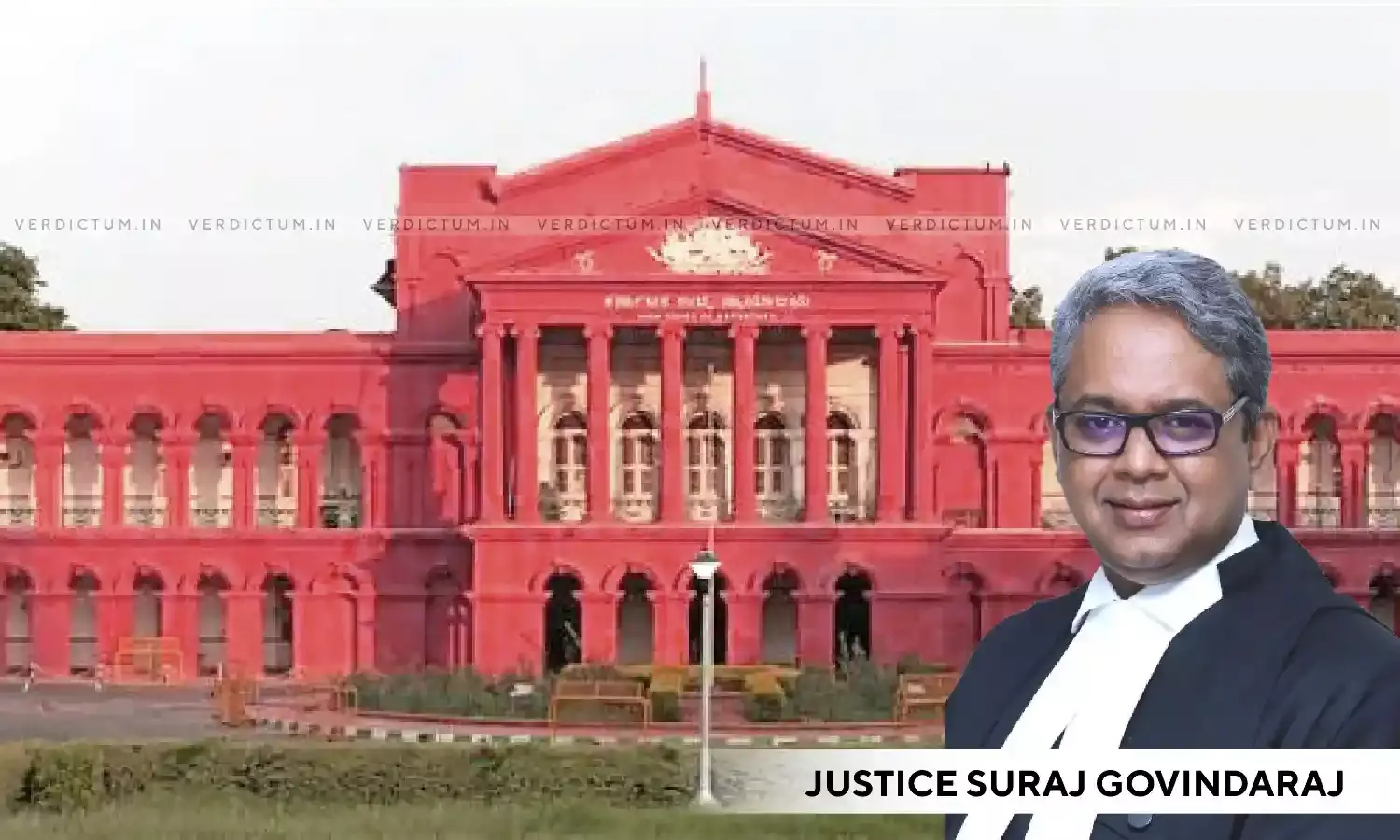Candidates Should Disclose Criminal Proceedings Against Them Even If They Were Quashed/Acquitted: Karnataka HC On Filing Election Nomination Form

The Karnataka High Court held that the candidates appearing for elections are required to disclose criminal proceedings against them while filing an election nomination form irrespective of whether they were acquitted or not.
An election petition was filed due to the petitioner's failure to disclose criminal proceedings and antecedents. It was argued that this amounted to suppression of facts as the electorate had the right to know all criminal antecedents. The petitioner objected to the disclosure, arguing that it was required only in the case of conviction, not acquittal.
A Single Bench of Justice Suraj Govindaraj observed, “whenever any nomination forms are filed by any candidate, the candidate would have to disclose all criminal proceedings filed against the said candidate irrespective of whether the candidate had been acquitted or not, whether it is been quashed or not.”
Advocate Shivraj S. Balloli represented the petitioner, while AGA Praveen Uppar appeared for the respondents.
The Court noted that a candidate is required to disclose both the filing of complaint and criminal proceedings in their election nomination form.
The Court explained that when challenging a Gram Panchayat election, the election petition should be filed under Section 15 of the Act of 1993 (the Act), and the grounds for the challenge are specified in the Act. A declaration of the election being void is made under Section 19 of the Act.
The Court pointed out that “the petitioner in his objection had categorically taken a stand that there was no need to disclose the acquittal of the petitioner and only in the event there being conviction that the disclosure was required. Thus, it is clear that the petitioner has admitted to criminal proceedings filed against him where he has been acquitted.”
The Court remarked that the concept of an election being materially affected should be interpreted broadly and that all details related to a particular candidate should be disclosed to the electorate to enable them to make an informed decision. Non-disclosure could be considered as suppression of information.
The Court held that “there is non-disclosure by the petitioner of the criminal proceedings which have been filed against the petitioner, which has been taken into consideration by the Trial Court in a proper perspective and as such, the said judgment of the Trial Court cannot be found fault with.”
Accordingly, the High Court dismissed the writ petition.
Cause Title: Mudiyappa v. Basavaraj @ Basappa & Ors. (2024:KHC-D:627)

